Renewable Energy

Strengthening Energy Resilience to Overcome Power Outages in Southeast Asia
As extreme weather disasters strike, causing long-lasting outages, disrupting access to essential services and threatening the health of people in affected areas, such events have been common in Southeast Asia recently. The aftermath reminds us of the importance of strengthening the energy system’s resilience. However, in most Asian countries, it remains neglected in climate change adaptation and resilience policies.
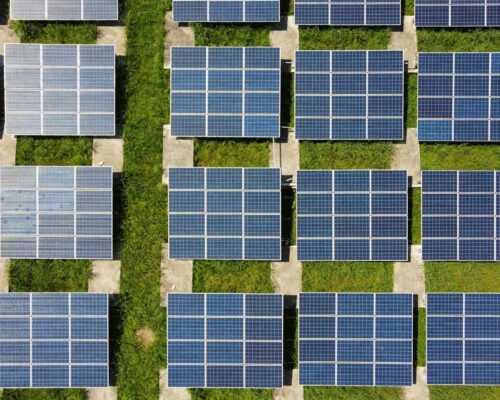
2026 Renewable Energy Outlook: A Potentially Quieter Year, But Steady Growth to Continue
While most experts anticipate a potentially quieter 2026 for the renewable energy industry, new capacity deployment is expected to continue growing, primarily driven by China. This will ultimately seal the fate of coal power, further accelerating its decline. Still, more ambitious and urgent action is needed to achieve a triple increase in renewable energy capacity by 2030.
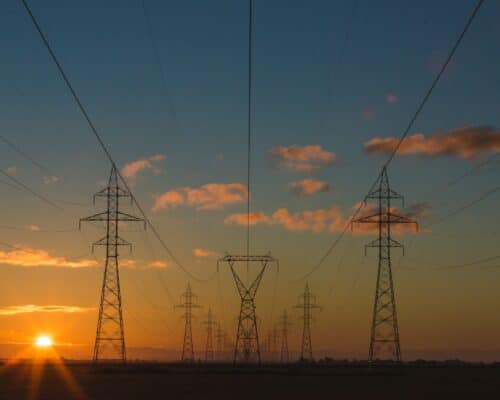
What COP30 Should Deliver to Advance the ASEAN Power Grid
The regional grid, a decades-old concept, could significantly accelerate Southeast Asia’s transition to renewables, ensuring stable, secure, clean and affordable electricity for countries in the region. However, for that to happen, leaders at COP30 must address the policy and financing roadblocks impeding the initiative.
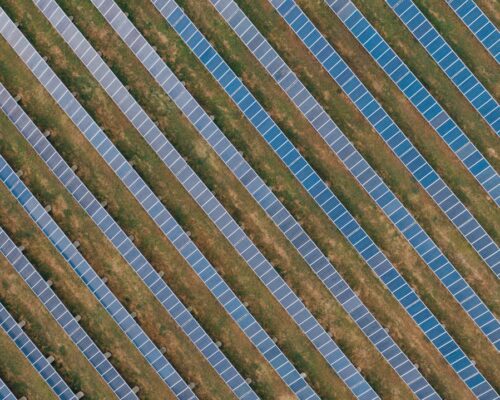
Proposed Ammonia Co-firing Solutions More Expensive than Renewables
The LCOE for ammonia co-firing exceeds that of renewable electricity, rendering Southeast Asia’s plans economically unfeasible. According to experts, instead of exposing themselves to the financial, environmental and health risks associated with ammonia co-firing, ASEAN nations should prioritise the accelerated deployment of renewable energy.

Renewable Energy Trends 2025: Capacity to Double by 2030
Despite the positive trends, the IEA warns that the COP28 to triple clean energy capacity remains out of reach. To get back on track, countries should minimise policy uncertainties, reduce permitting timelines, increase grid investments and expand flexibility to facilitate the integration of variable renewables and derisk financing.
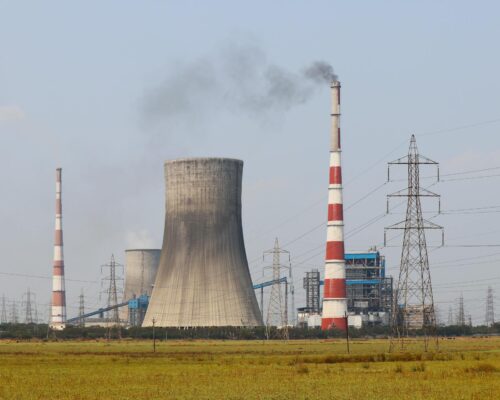
CREA: Indonesia’s RUPTL Plan Puts Fossil Fuels First, Renewable Energy Later
According to CREA, Indonesia’s RUPTL 2025-2034 reveals major discontent between the ambitious climate pledges and public commitments of the country’s leadership and the real plans, which see a projected growth and a pivotal role for fossil fuels.
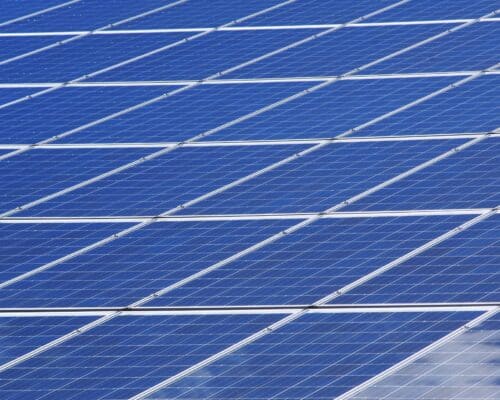
BNEF: Renewables Are Becoming Cheaper than Natural Gas in Southeast Asia
Despite the better economics, improved energy security and accelerated climate action that renewables guarantee, Southeast Asian nations plan for massive gas investments. Changing course requires political ambition for weaning energy systems off fossil fuels, pledging more ambitious climate targets and supporting clean energy developers.
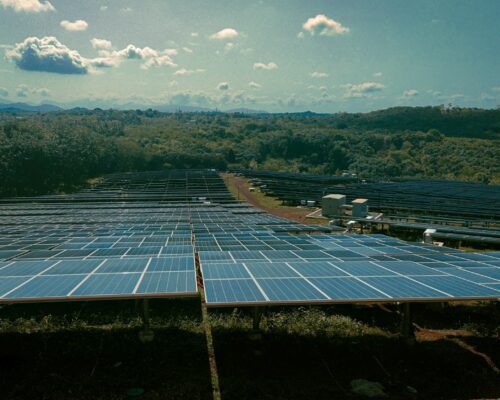
China’s Green Manufacturing Industry Brings Massive Investments to 54 Countries
A new database reveals that a rapid acceleration in overseas investment by Chinese green technology manufacturers is reshaping the global clean-tech landscape and bringing economic benefits to over 50 countries worldwide, with ASEAN attracting the most capital.
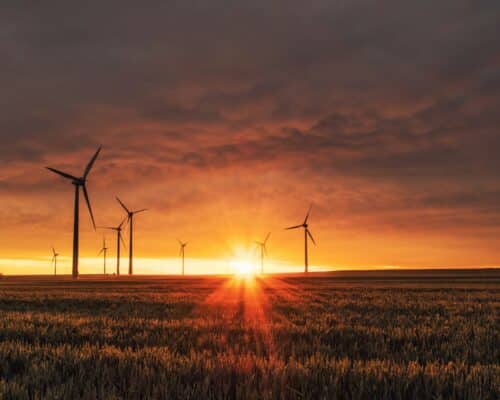
UN and IRENA: Renewables the Cheapest Electricity Source in 2024
New reports reveal that solar and wind power offer the lowest-priced electricity even without governmental support. Renewables have also helped save billions in fossil fuel import and climate damage costs, while boosting GDP and opening up millions of new jobs. Still, the world continues to subsidise polluting fuels — a practice that the 2035 NDC updates should end.

What Lawmakers in the Philippines Can Do To Lower Power Prices
While the Philippines has made strides in developing its clean energy market, accelerating the energy transition to levels consistent with a net-zero aligned pathway requires scaling up the build-up of renewables, expanding the power grid and limiting new fossil fuel capacity and imports.

Philippines LNG Imports Costing Households Billions
Experts warn that plans to expand LNG import infrastructure, paired with the volatility of the fuel on global markets, will financially burden the country, as well as significantly increase electricity prices for consumers at times when cheaper, cleaner, renewable energy alternatives remain underutilised and readily available.
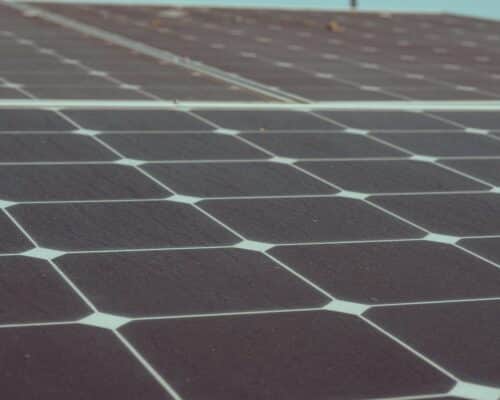
While Fossil Fuels Volatility Increases, Battery Storage Gets Cheaper, Making Solar Power Always Available
While solar is already the most viable solution for improving energy security, reducing power costs and mitigating carbon emissions, recent advancements and cost reductions in battery storage are now enabling us to ensure 24 hours of daily solar power. According to experts, the biggest obstacle to doing so is the business-as-usual mindset.

50 Years of G7: The Group’s Climate Leadership Hinges on Japan and Its Energy Policies
The processes taking place on the domestic stage in Japan, as well as its foreign energy policy, have a direct reflection on the image of the G7, which is supposed to lead the global energy transition and the efforts to minimise the impacts of climate change and protect the most vulnerable.
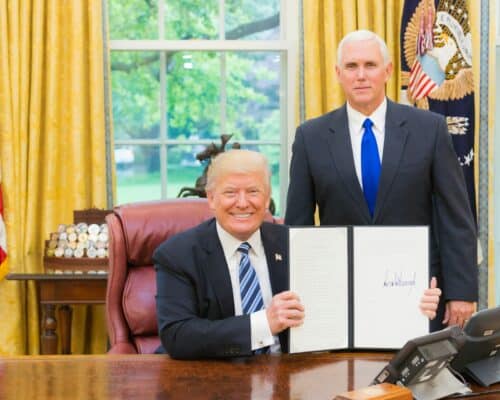
US Tariffs on Southeast Asia: What They Mean for Global Trade
From islands inhabited only by penguins to decades-long trade partners, over 90 jurisdictions were slapped with tariffs once President Trump got back at the helm of the US. While the move risks causing massive short-term instabilities, it can prove a blessing in disguise for Southeast Asia and its solar panel manufacturing industry.
Most Popular
Categories
-
10
-
34
-
126
-
4
-
17
-
46
-
52
-
11
-
10
-
15
-
24
-
6
-
5
-
1
-
6
-
283
-
200
-
17
-
24
-
1
-
1
-
23
-
41
-
44
-
88
-
18
-
86
-
41
-
17
-
11
-
43
-
54
-
86
-
299
-
22
-
44
-
36
-
11
-
42
-
36

